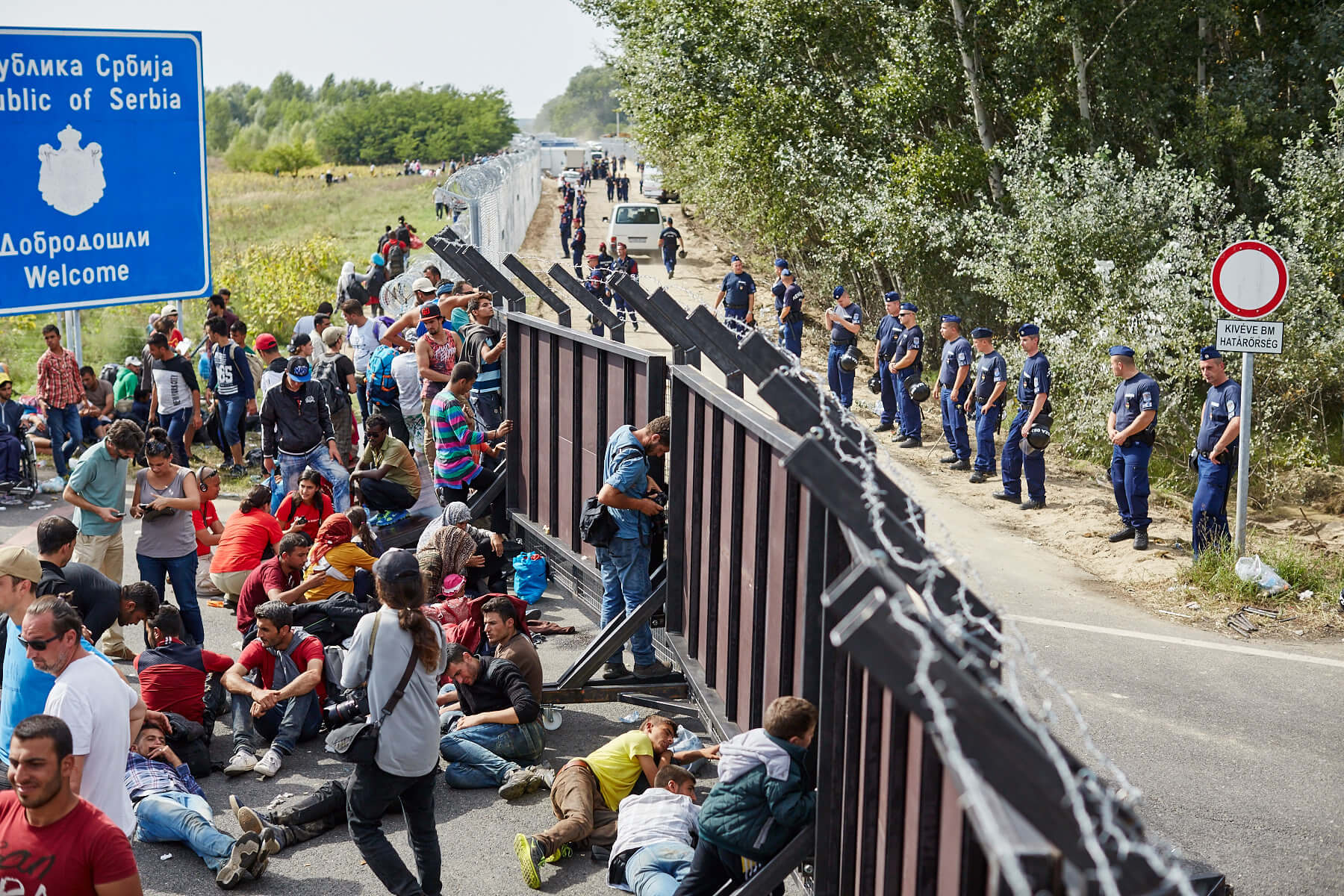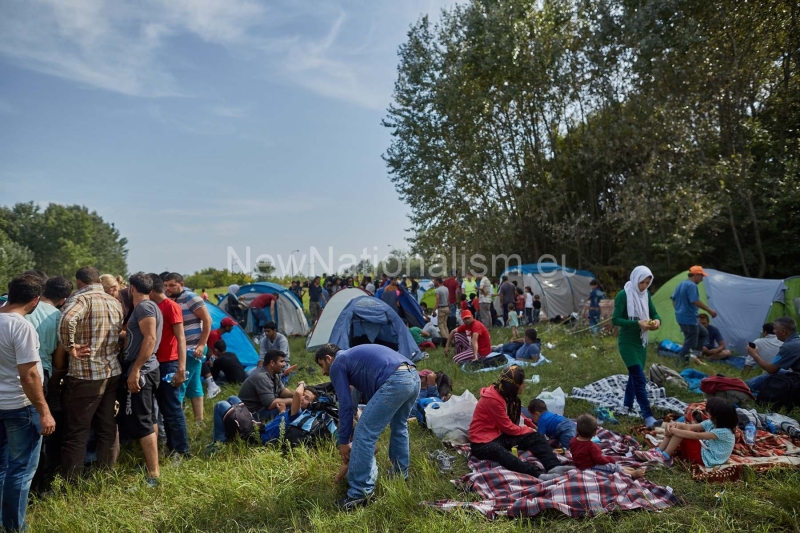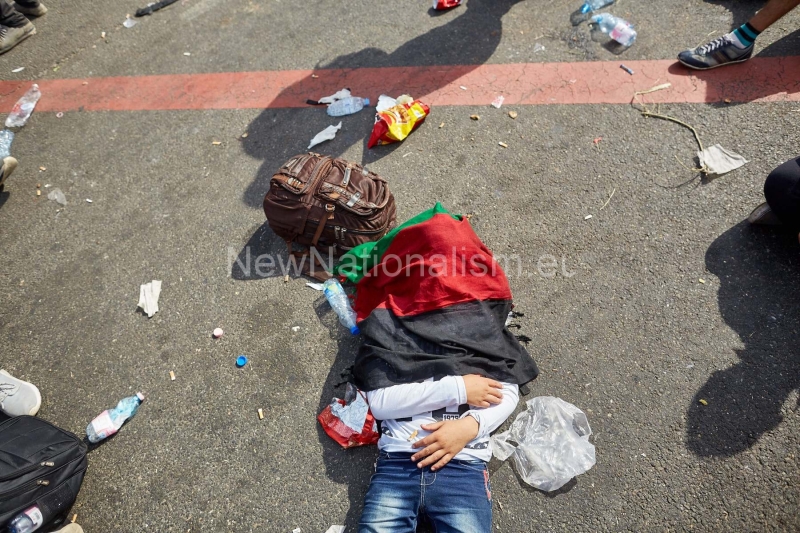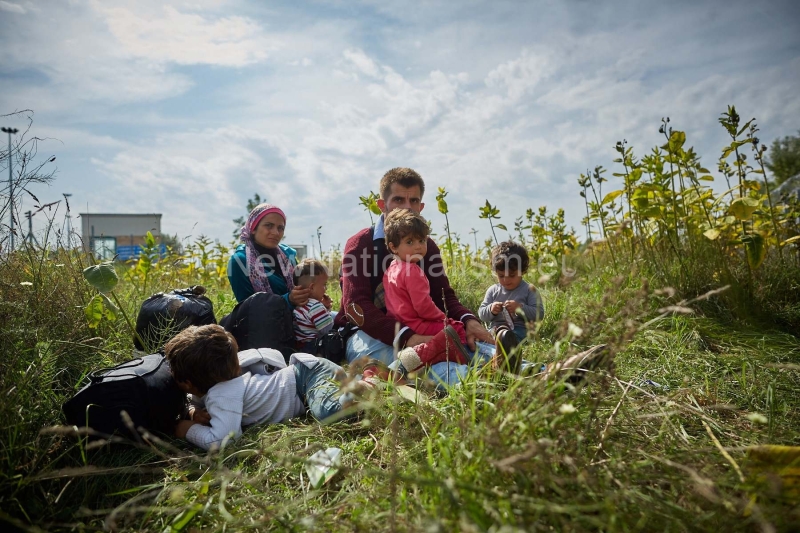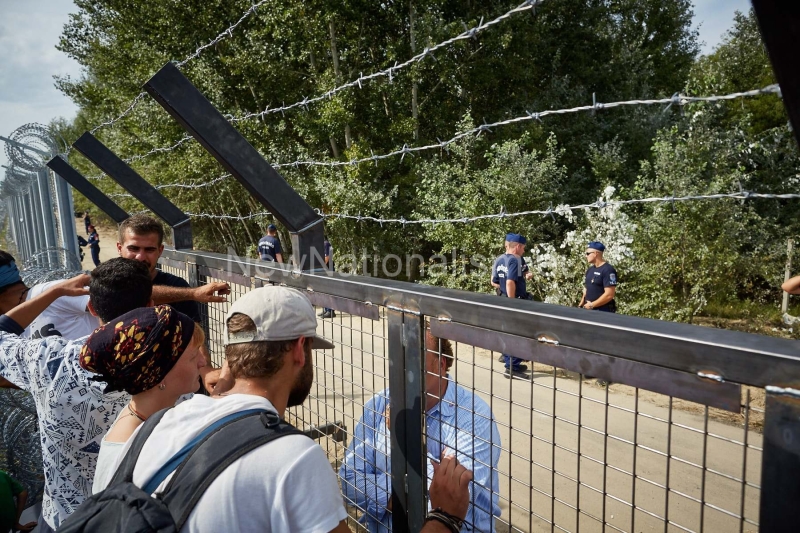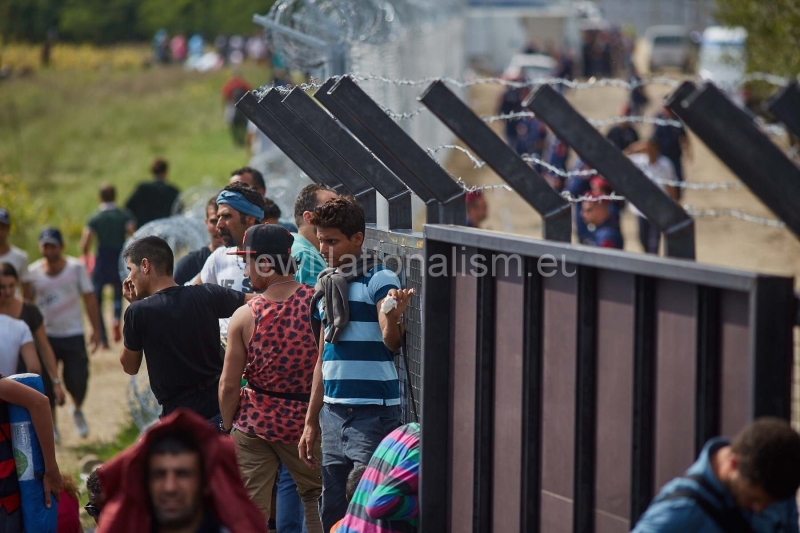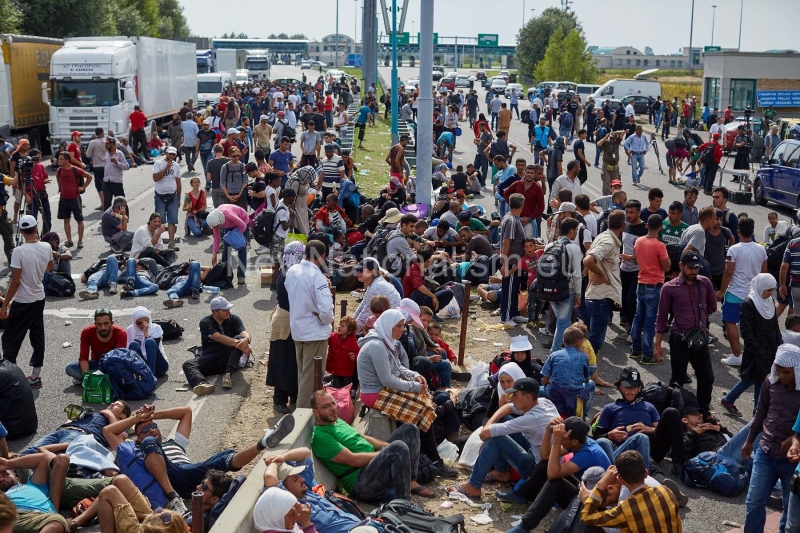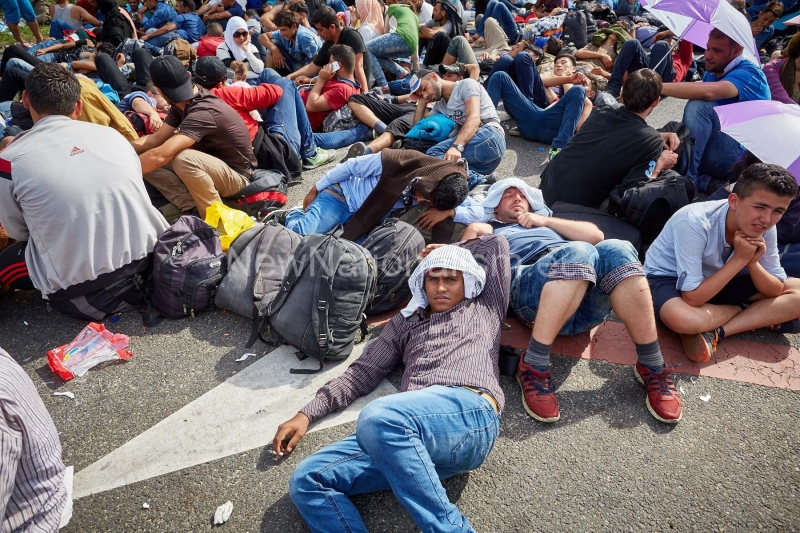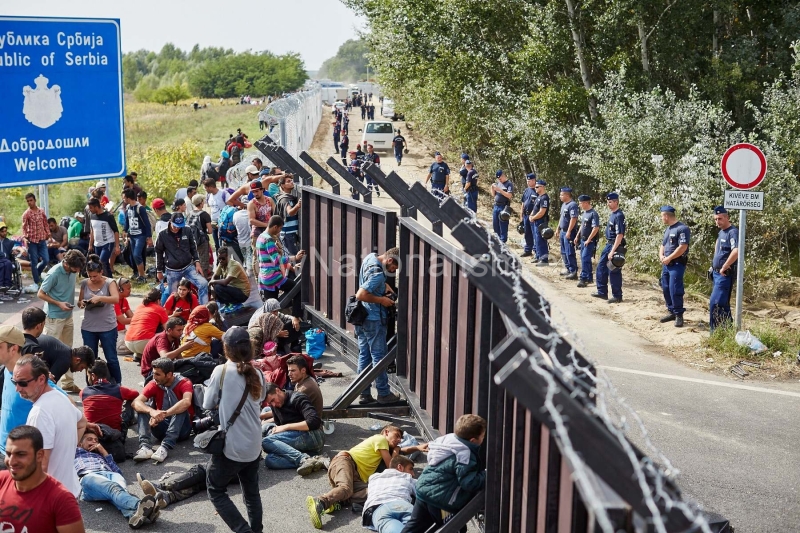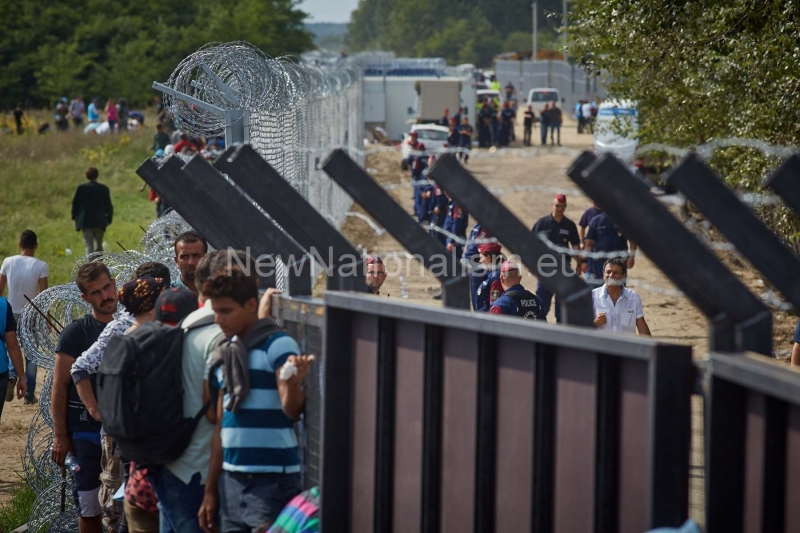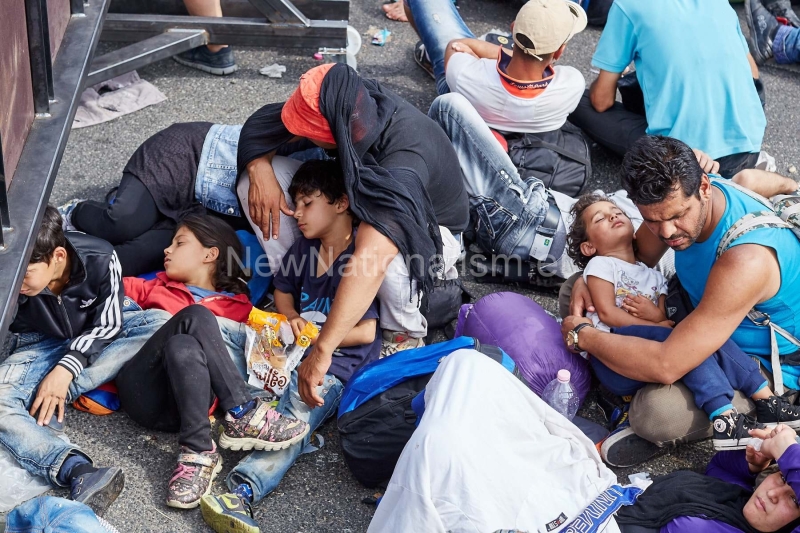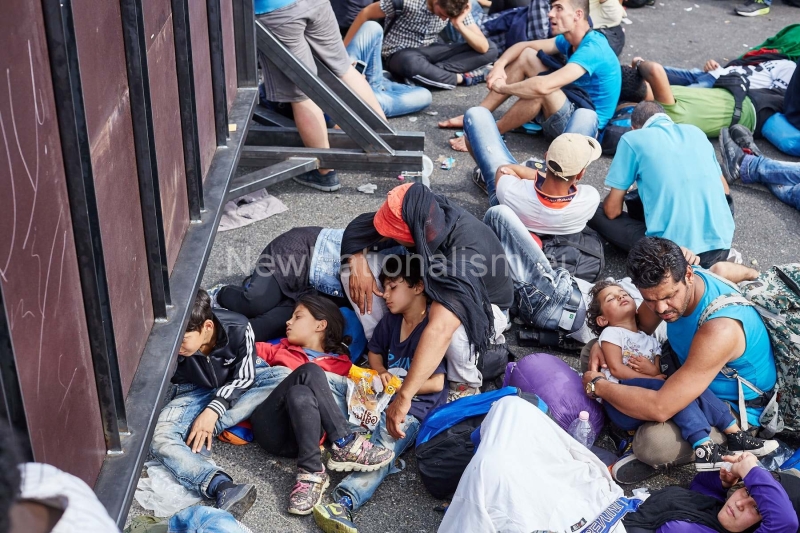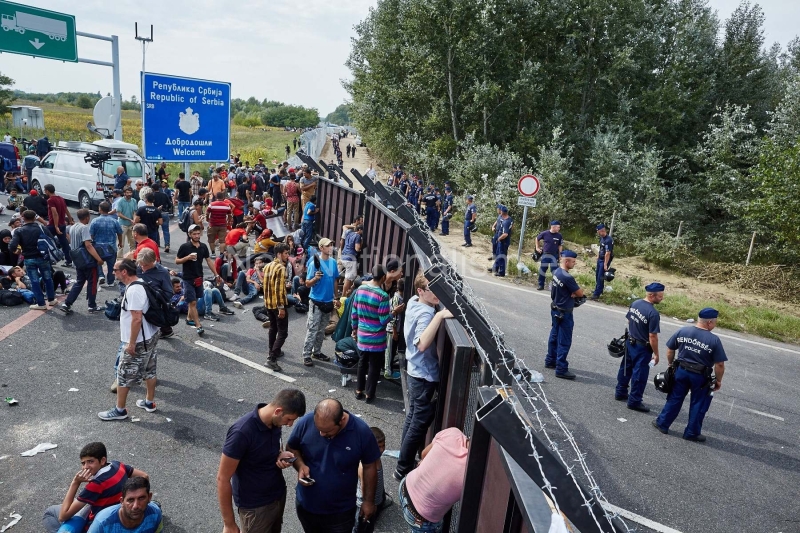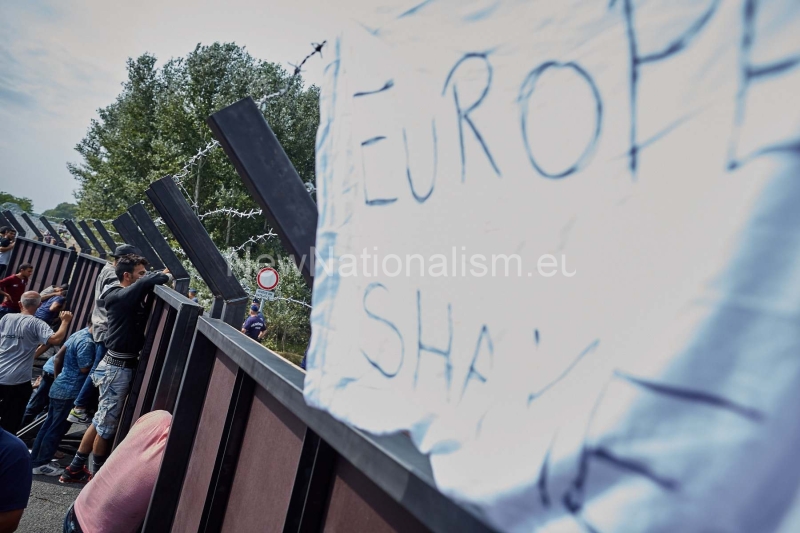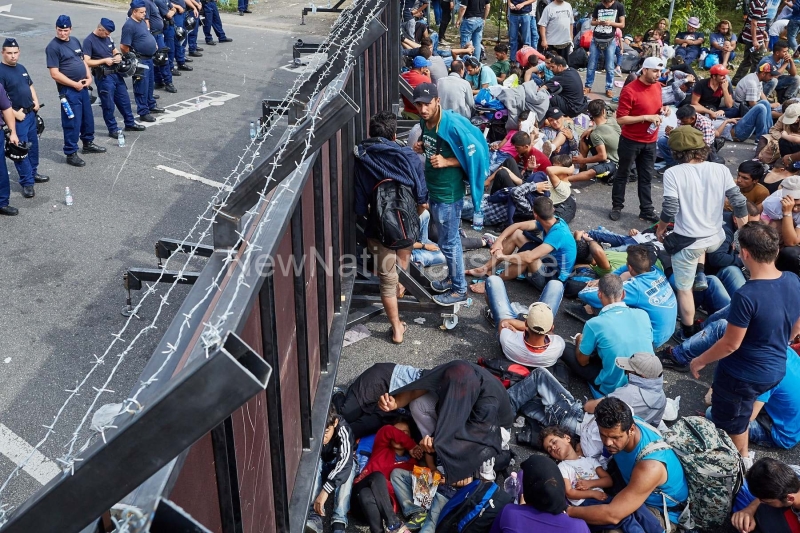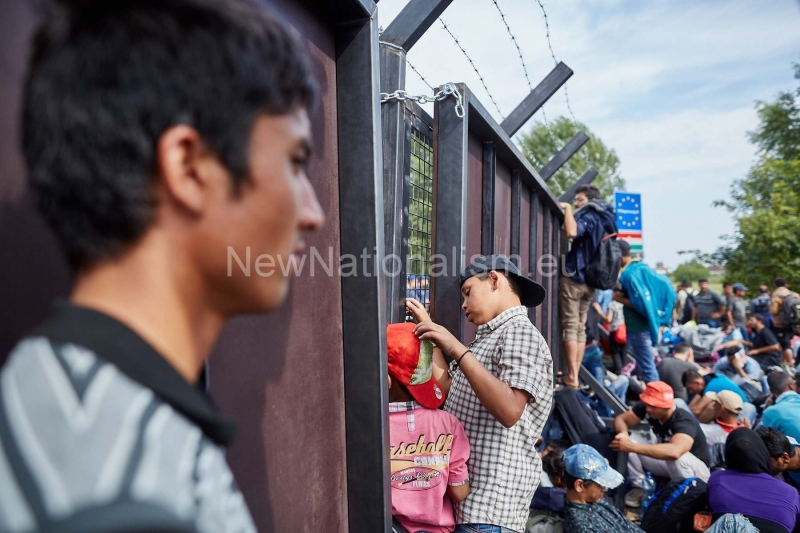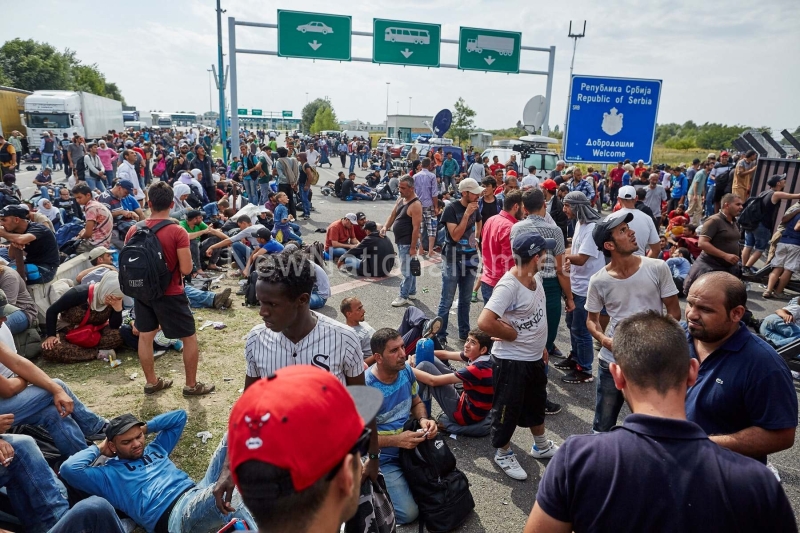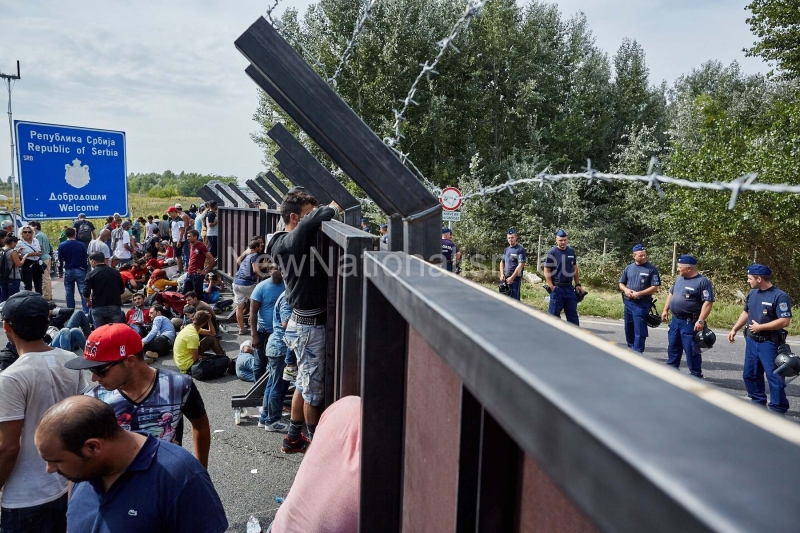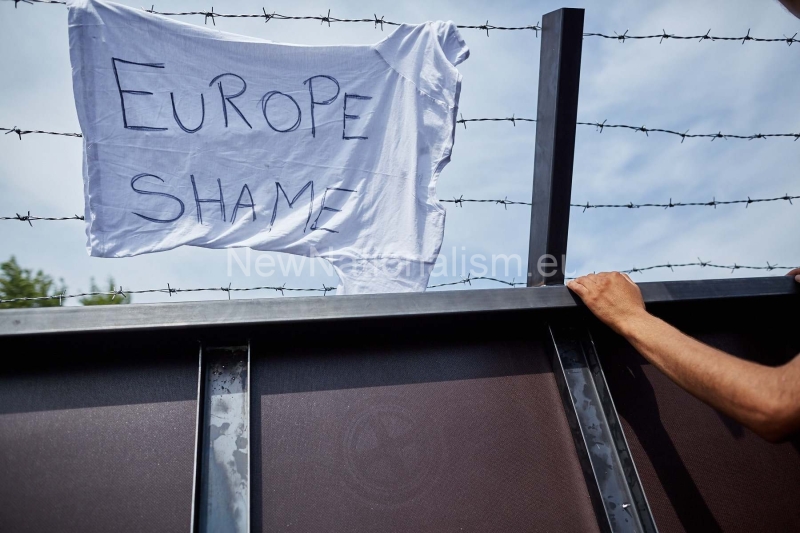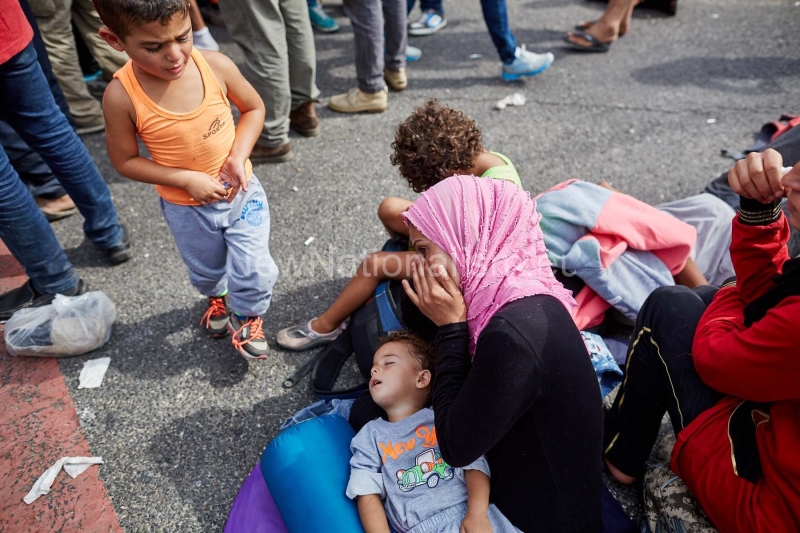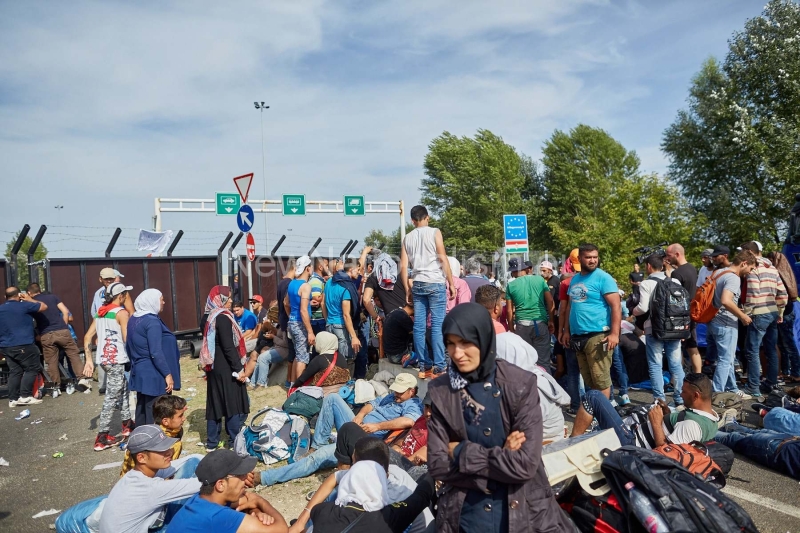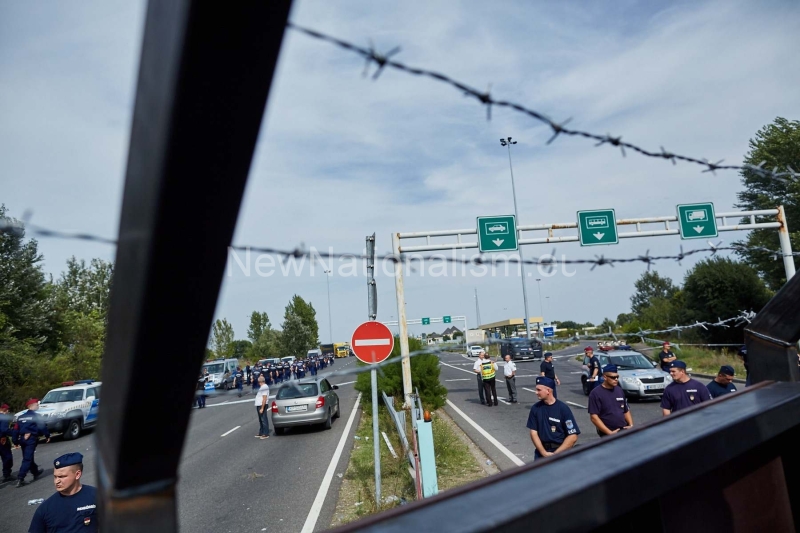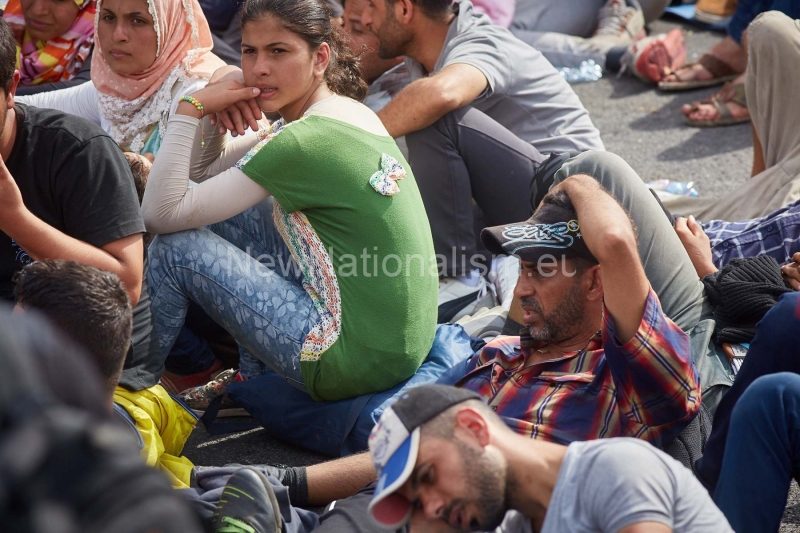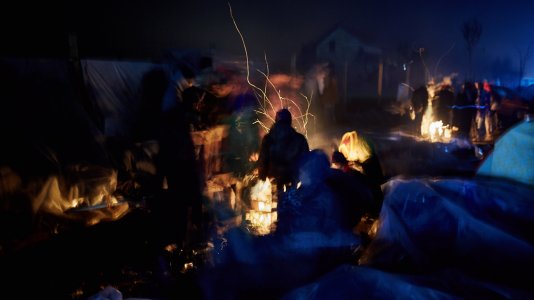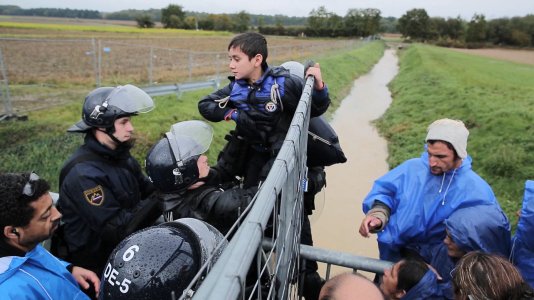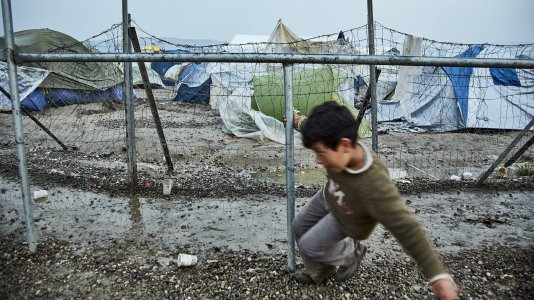The Röszke Horgos refugee camp, located on the Hungarian-Serbian border, has become a stark representation of the ongoing refugee crisis in Europe. As the influx of refugees and migrants continues, camps like Röszke Horgos have become a focal point for the humanitarian issues faced by those fleeing war, persecution, and poverty.
Established in 2015, the Röszke Horgos camp quickly gained notoriety for its appalling living conditions and the harsh treatment of its inhabitants. With limited access to basic necessities such as food, water, and sanitation facilities, residents of the camp were forced to endure a daily struggle for survival. Moreover, the overcrowded conditions exacerbated the spread of diseases and contributed to an overall atmosphere of despair and desperation.
The camp’s residents, primarily from Syria, Afghanistan, and Iraq, sought refuge in Europe, only to find themselves trapped at the border due to strict immigration policies and border closures. As they waited for their asylum claims to be processed, many were subjected to ill-treatment, including beatings and humiliation, at the hands of Hungarian authorities.
Humanitarian organizations, volunteers, and local community members worked tirelessly to provide assistance and support to the camp’s residents. They distributed food, clothing, and medical supplies and offered emotional support in the face of adversity. However, their efforts were often hindered by government restrictions and a lack of resources.
In response to international pressure and criticism, the Hungarian government eventually closed the Röszke Horgos camp in 2016. The closure of the camp was followed by the construction of a more permanent transit zone in the area, consisting of shipping containers converted into living quarters. However, concerns have been raised about the conditions in these new facilities, as well as the overall approach to refugee and migrant welfare in Hungary.
The Röszke Horgos camp serves as a stark reminder of the challenges faced by refugees and migrants seeking safety and a better life in Europe. As the crisis continues, it is crucial for European leaders to work collaboratively to find sustainable and compassionate solutions that address the needs of those fleeing conflict and persecution. This includes ensuring humane treatment, efficient processing of asylum claims, and access to essential resources and services for all refugees and migrants.
















